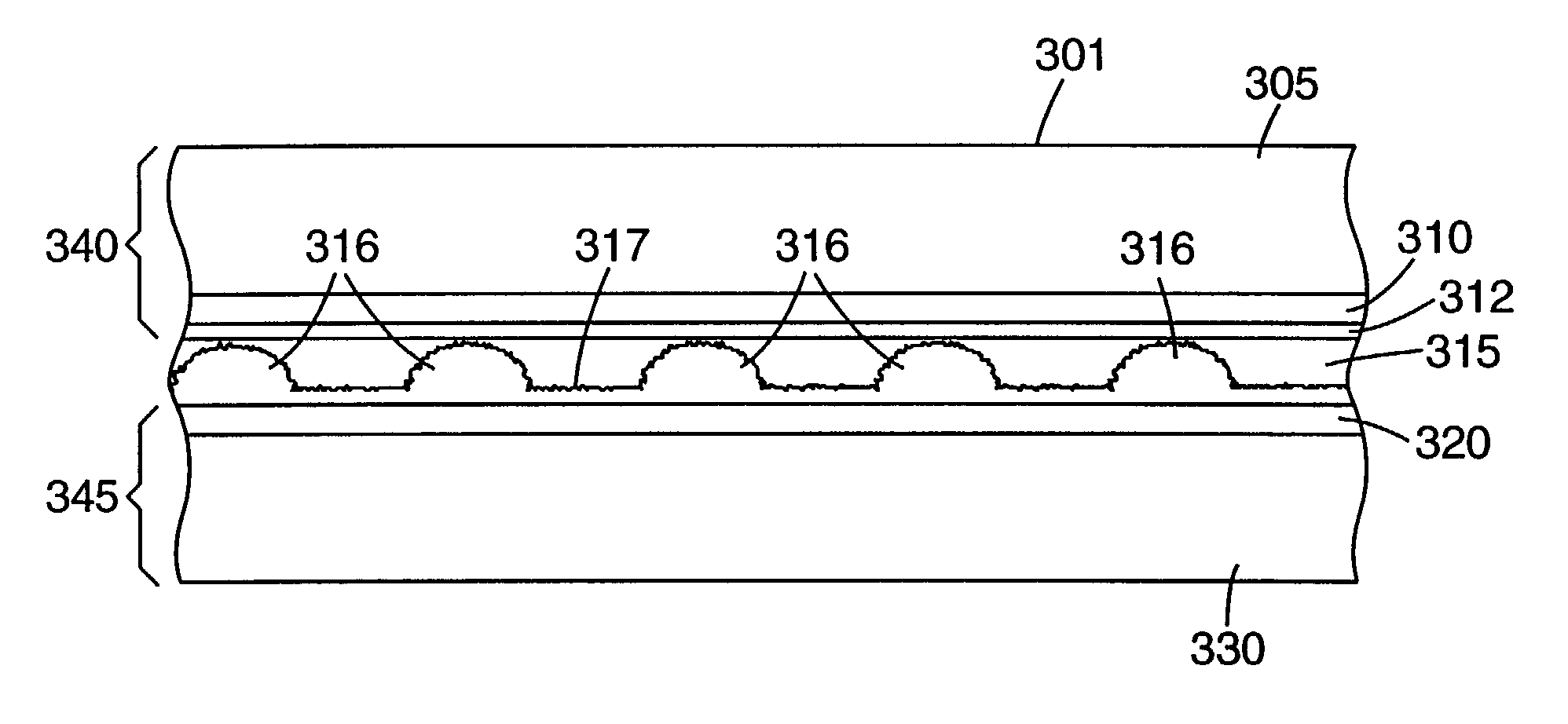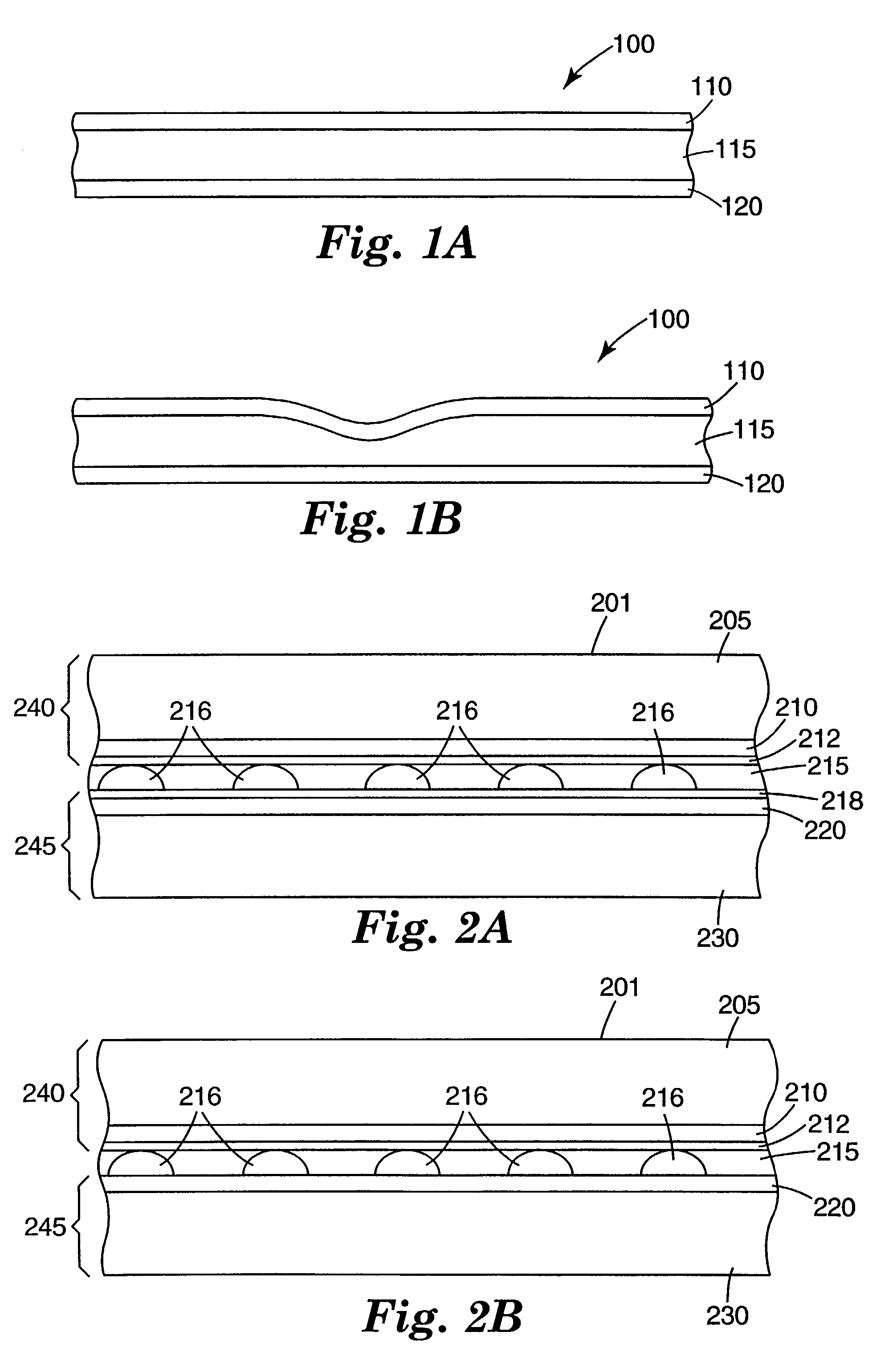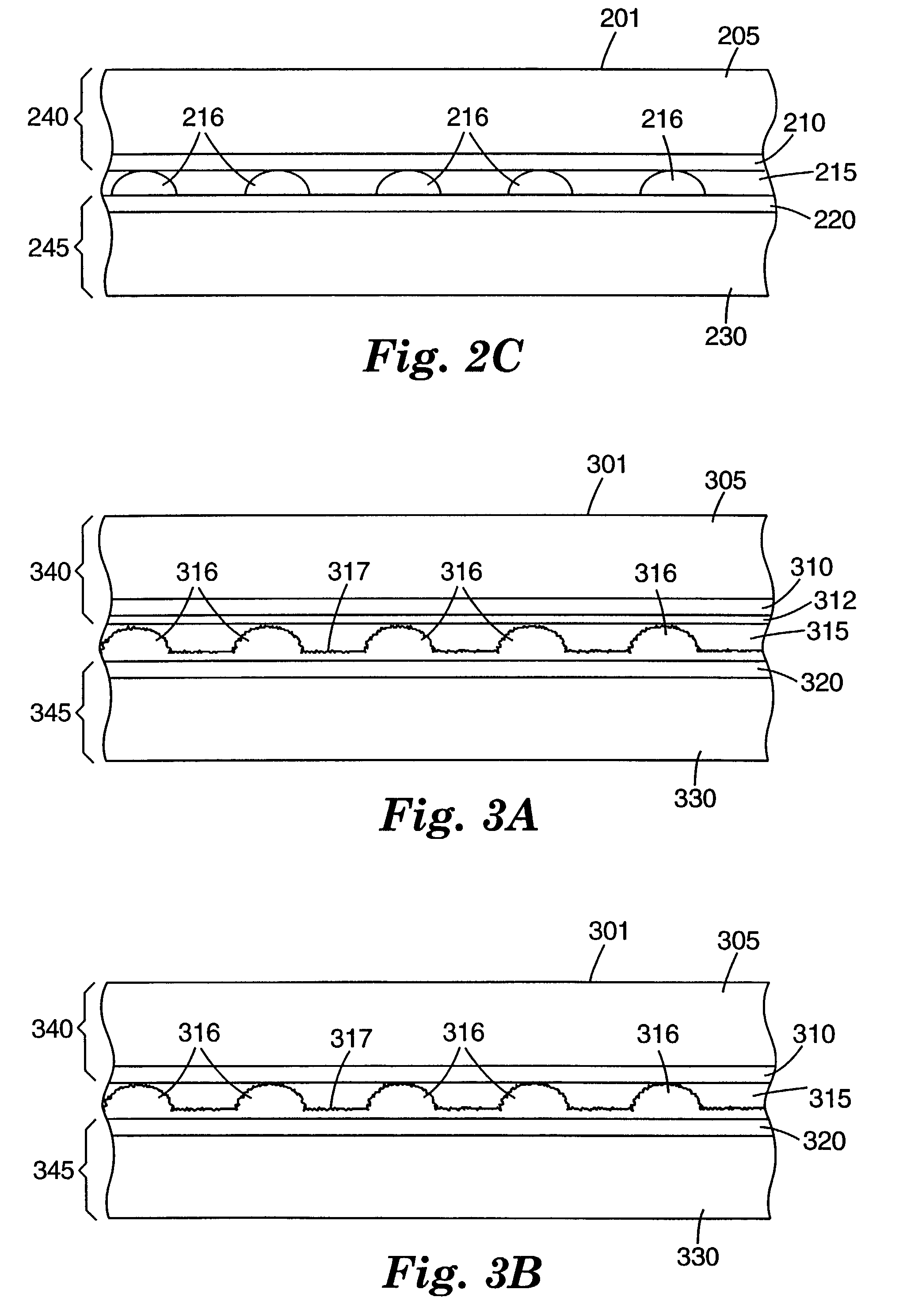Touch sensor
a technology of touch sensor and sensor body, which is applied in the direction of static indicating device, mechanical pattern conversion, instruments, etc., can solve the problems of voids in contact layers, damage to conductive layers, and degradation of conductive materials
- Summary
- Abstract
- Description
- Claims
- Application Information
AI Technical Summary
Benefits of technology
Problems solved by technology
Method used
Image
Examples
Embodiment Construction
[0031]In the following description of the illustrated embodiments, references are made to the accompanying drawings which form a part hereof, and in which is shown by way of illustration, various embodiments by which the invention may be practiced. It is to be understood that other embodiments may be utilized, and structural and functional changes may be made without departing from the scope of the present invention.
[0032]As stated above, and for other reasons stated below which will become apparent upon reading the present specification, there is a need for a durable touch sensor that reliably and accurately detects the location of a touch independent of the touching implement used. There exists a further need for such a touch sensor with improved optical characteristics and durability. There exists a further need for a touch sensor that can be used with simplified control circuitry.
[0033]The present invention provides, among other things, a touch sensor designed to increase optica...
PUM
 Login to View More
Login to View More Abstract
Description
Claims
Application Information
 Login to View More
Login to View More - R&D
- Intellectual Property
- Life Sciences
- Materials
- Tech Scout
- Unparalleled Data Quality
- Higher Quality Content
- 60% Fewer Hallucinations
Browse by: Latest US Patents, China's latest patents, Technical Efficacy Thesaurus, Application Domain, Technology Topic, Popular Technical Reports.
© 2025 PatSnap. All rights reserved.Legal|Privacy policy|Modern Slavery Act Transparency Statement|Sitemap|About US| Contact US: help@patsnap.com



